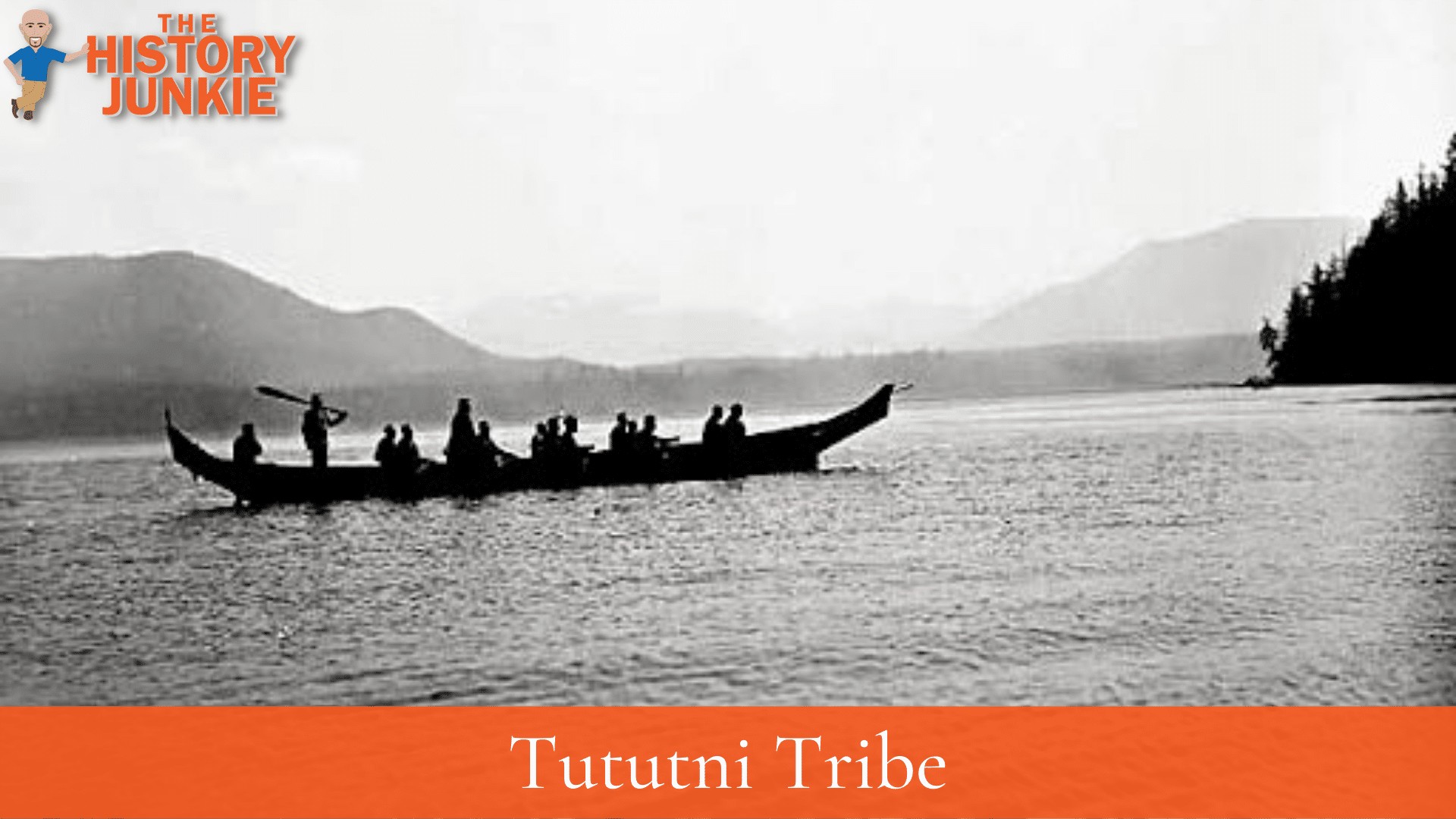The Tututni tribe is a Northwest tribe that was located in the southwest portion of Oregon prior to American expansion.

They spoke the Athabascan language and were part of a group of Athabascan-speaking tribes who were located throughout southwest Oregon.
Jump to:
Tututni Tribe History
The Tututni tribe had existed for many centuries prior to European contact.
While the British, Spanish, and American ships explored the coast of Oregon for many years, the first recorded contact with the Tututni tribe came when the famous explorer Captain George Vancouver, arrived in 1792 (300 years after Christopher Columbus). He sailed into the region and met the tribe.
Merchants traded with the Tututni for sea otter pelts, and the interaction was peaceful; however, like all Native American tribes, their contact with Europeans came at a cost.
Infectious diseases that were carried by the explorers were transmitted to the tribe, which would eventually result in the deaths of many. It is estimated that 75% - 90% of the tribe died from these diseases, which devastated their population and left them vulnerable to other tribes and would dramatically affect Native American life.
Oregon would eventually become a popular destination due to the Oregon Trail that would span across half of the United States. The 1849 Gold Rush that occurred in California would also send a wave of settlers throughout their land, which would further impose on them.
Despite this influx, the tribe remained peaceful.
During the 1850s, the Tututni tribe's game trails and hunting grounds were destroyed by whites clearing land for farms. In 1851, some settlers built Port Orford on Tututni land.
The Tututni came under more pressure as settlers and miners were attracted to Port Orford after the discovery of gold in the Rogue River valley. Mining activities heightened the competition for resources and tensions between the Tututni and the Americans.
Armed conflicts finally led to the Rogue River Wars of 1855-1856, in which United States troops, volunteer militia, and others fought against the Native Americans.
On February 1856, Tututni attacked the Gold Beach Guards, who were encamped opposite the large Tututni village at Port Orford. In the conflict, the Tututni burned most of the settlers' homes between Port Orford and Smith River.
After the Rogue River Wars in 1856, the Tututni and other Rogue River Indians were removed from this area and forced to settle on the Coast Indian Reservation, considerably north of their traditional territory, or the Grand Ronde Indian Reservation, the base of what is known as the Confederated Tribes of the Grand Ronde Community of Oregon.
The several tribes at each of these reservations have intermarried, and their descendants are counted as enrolled members of the consolidated tribes.
The Tututni Tribe is not a federally acknowledged tribe.
Conclusion
Unfortunately, this peaceful tribe was subject to infectious disease that was carried by the Americans and British. The diseases wiped out so much of their population that it became impossible to sustain their land.
This would be the case for all Native American tribes. While some would try to defend their land from settlers moving west, all would be affected by disease and, at minimum, lost 30% of their population and many times much more than that.
The Tututni tribe seemed to be a peaceful tribe and would have been able to coexist with the settlers that were cultivating the land around them. However, American expansionism just could not exist simultaneously with the natives.
